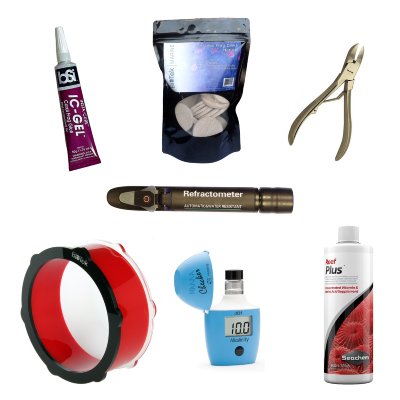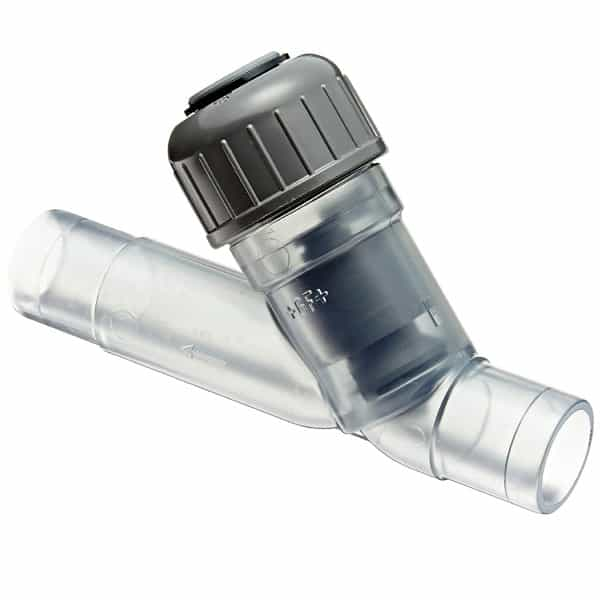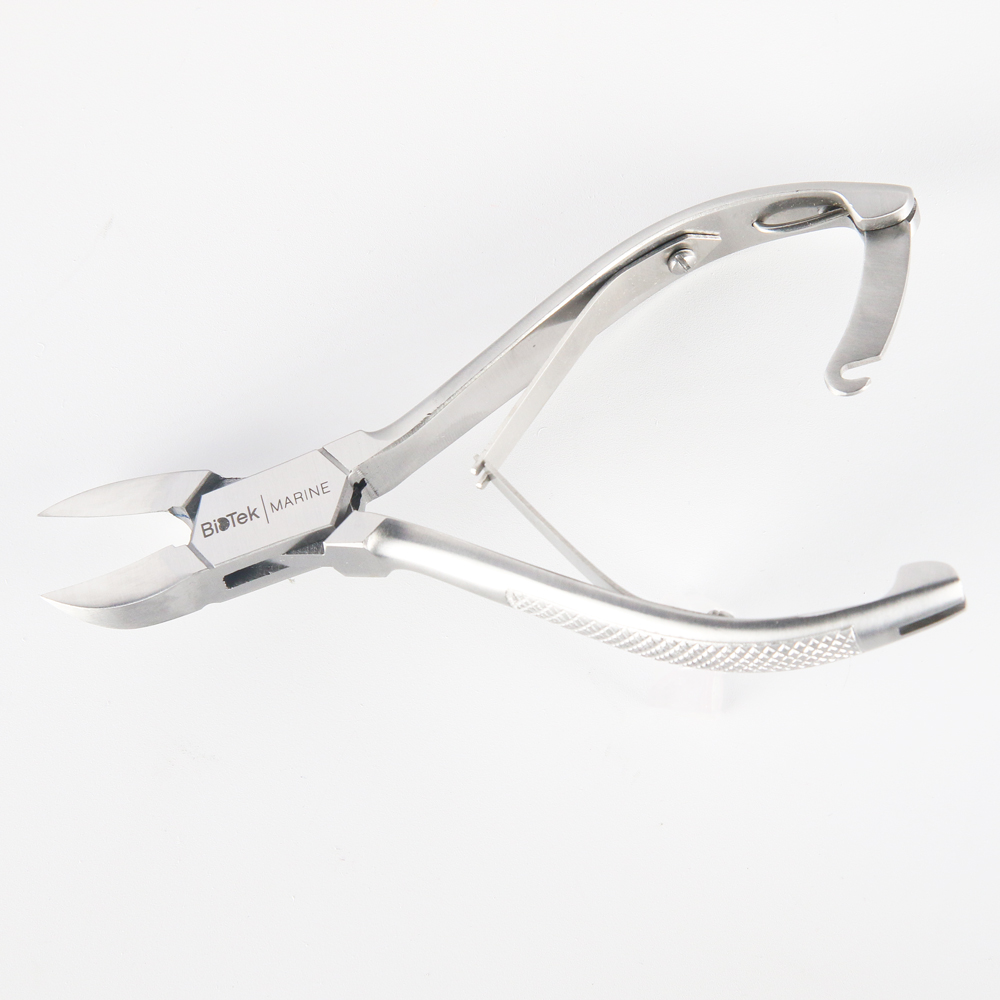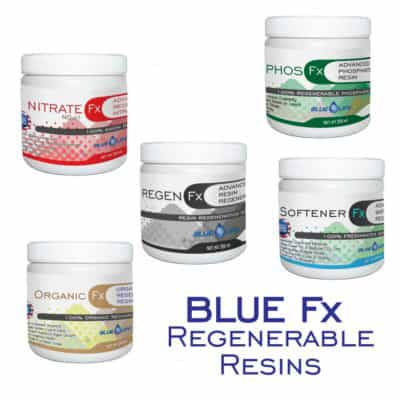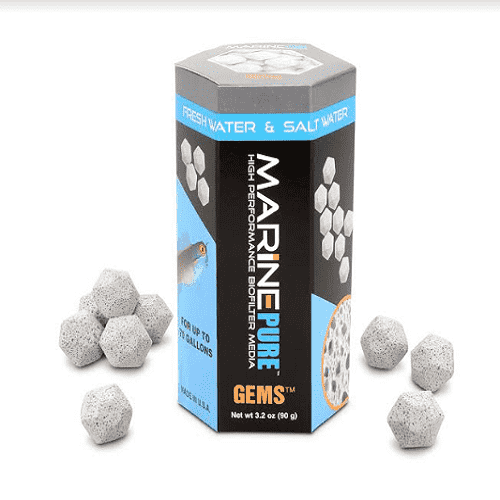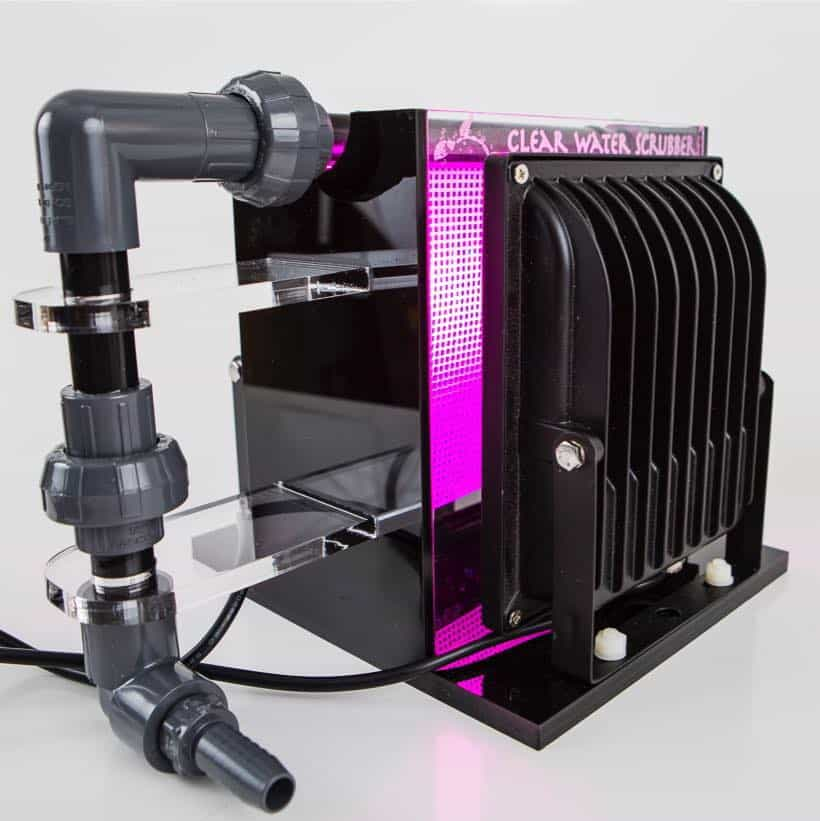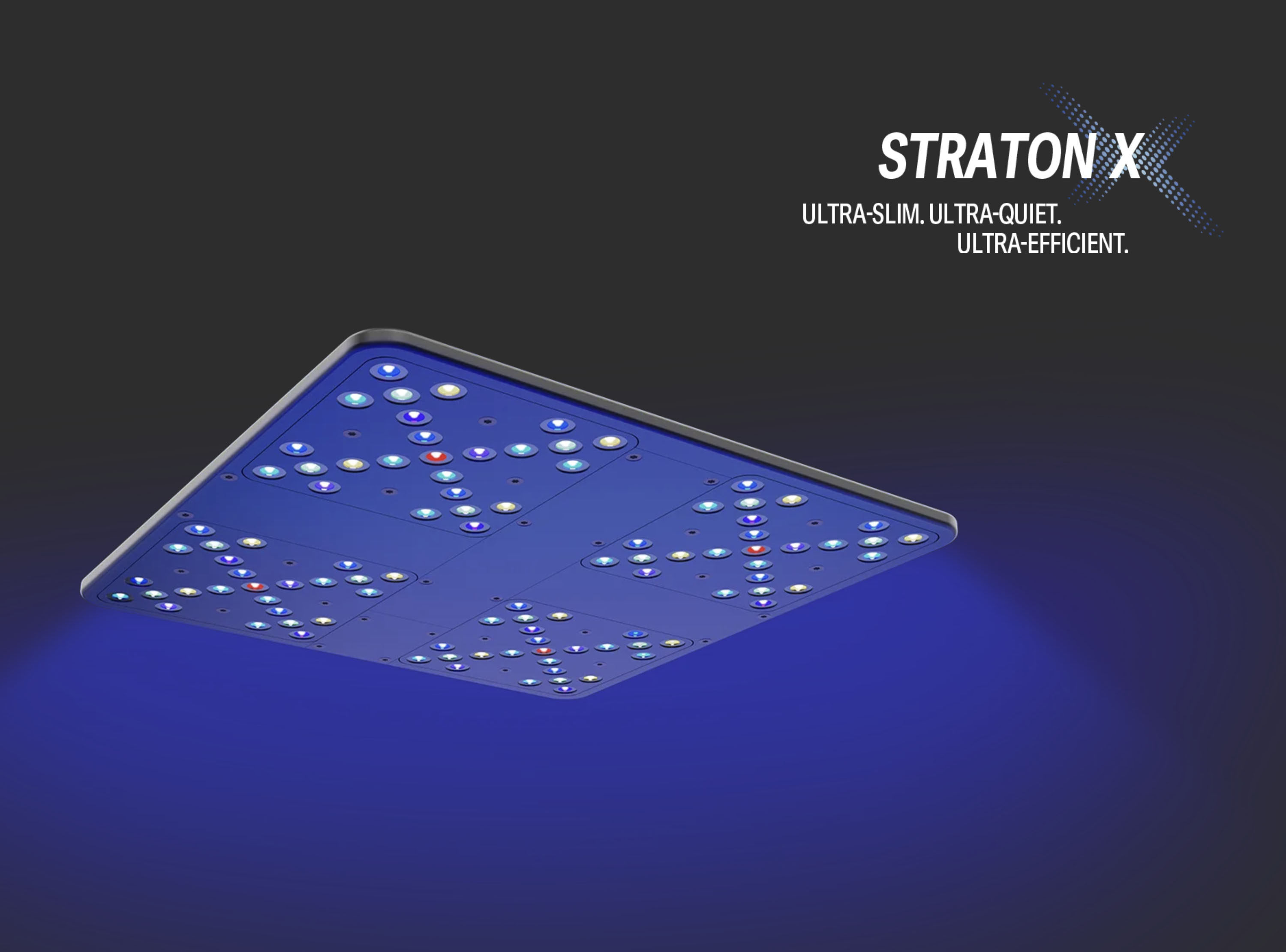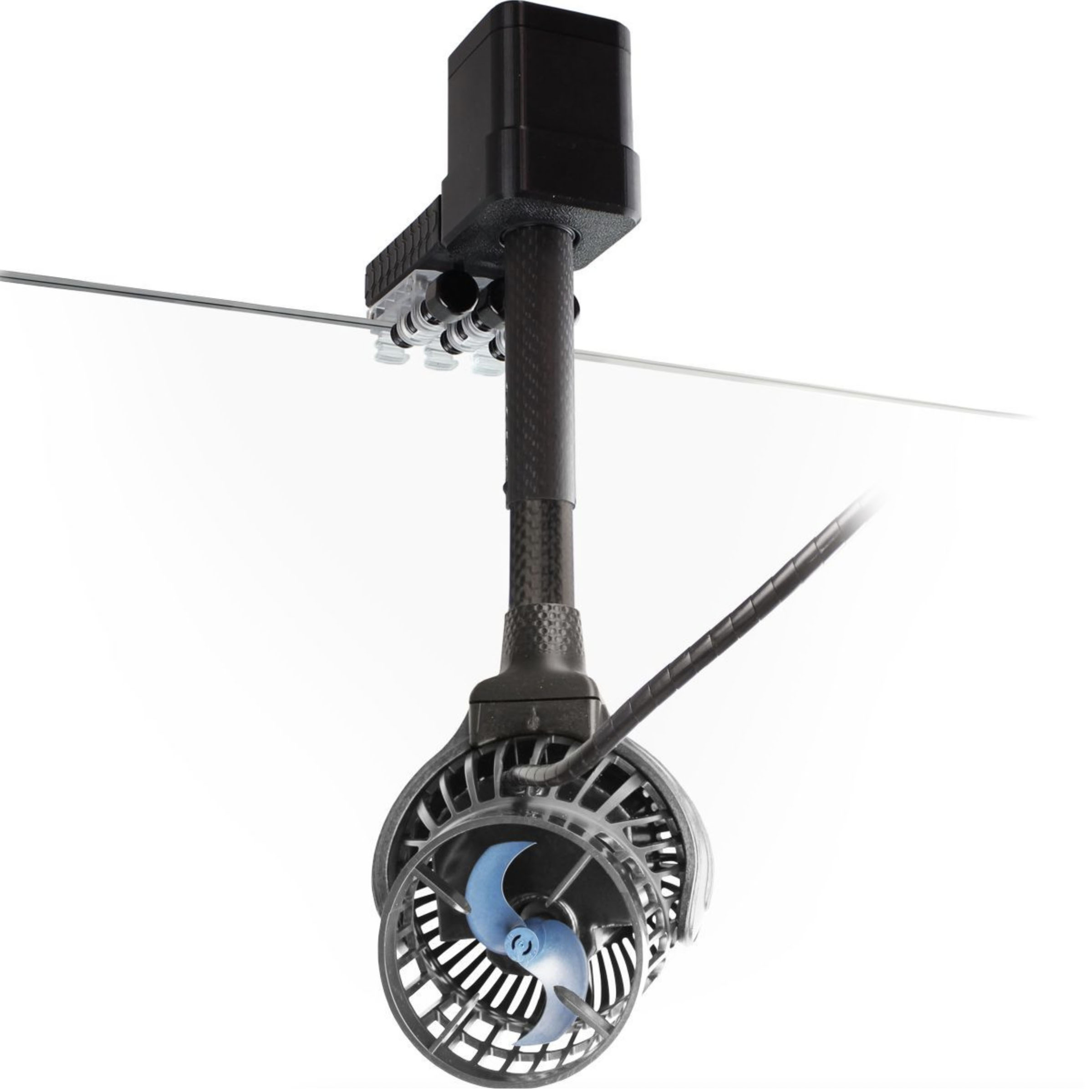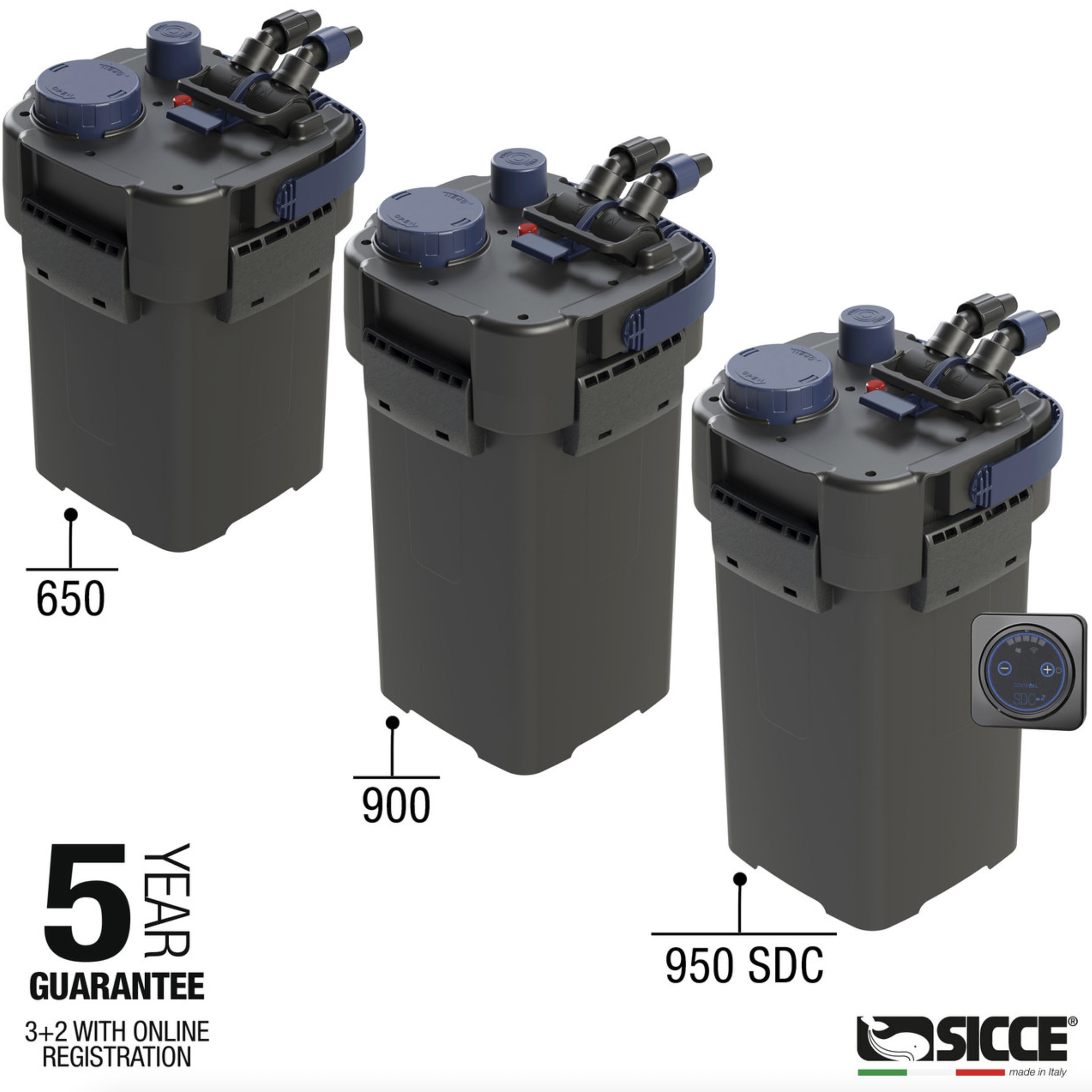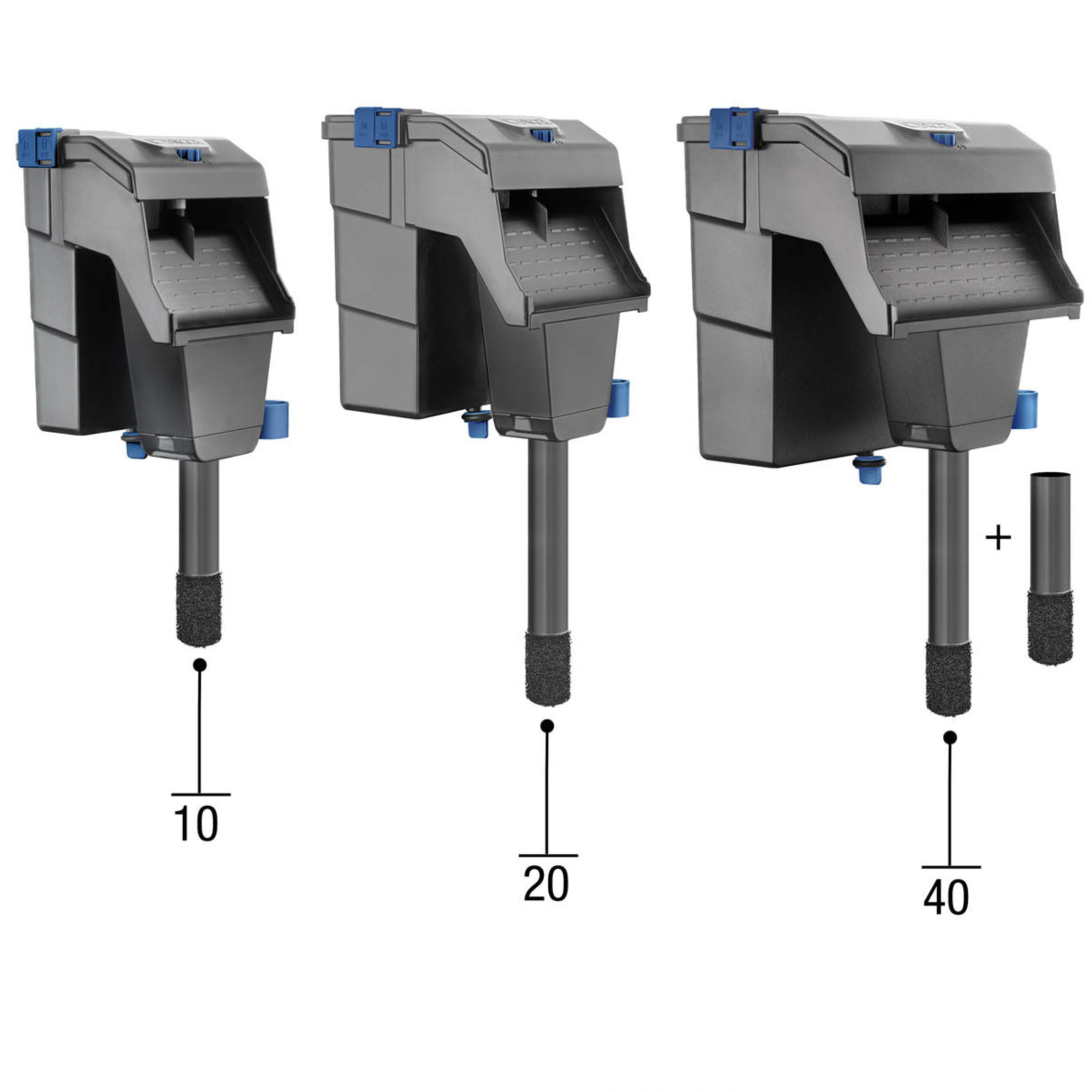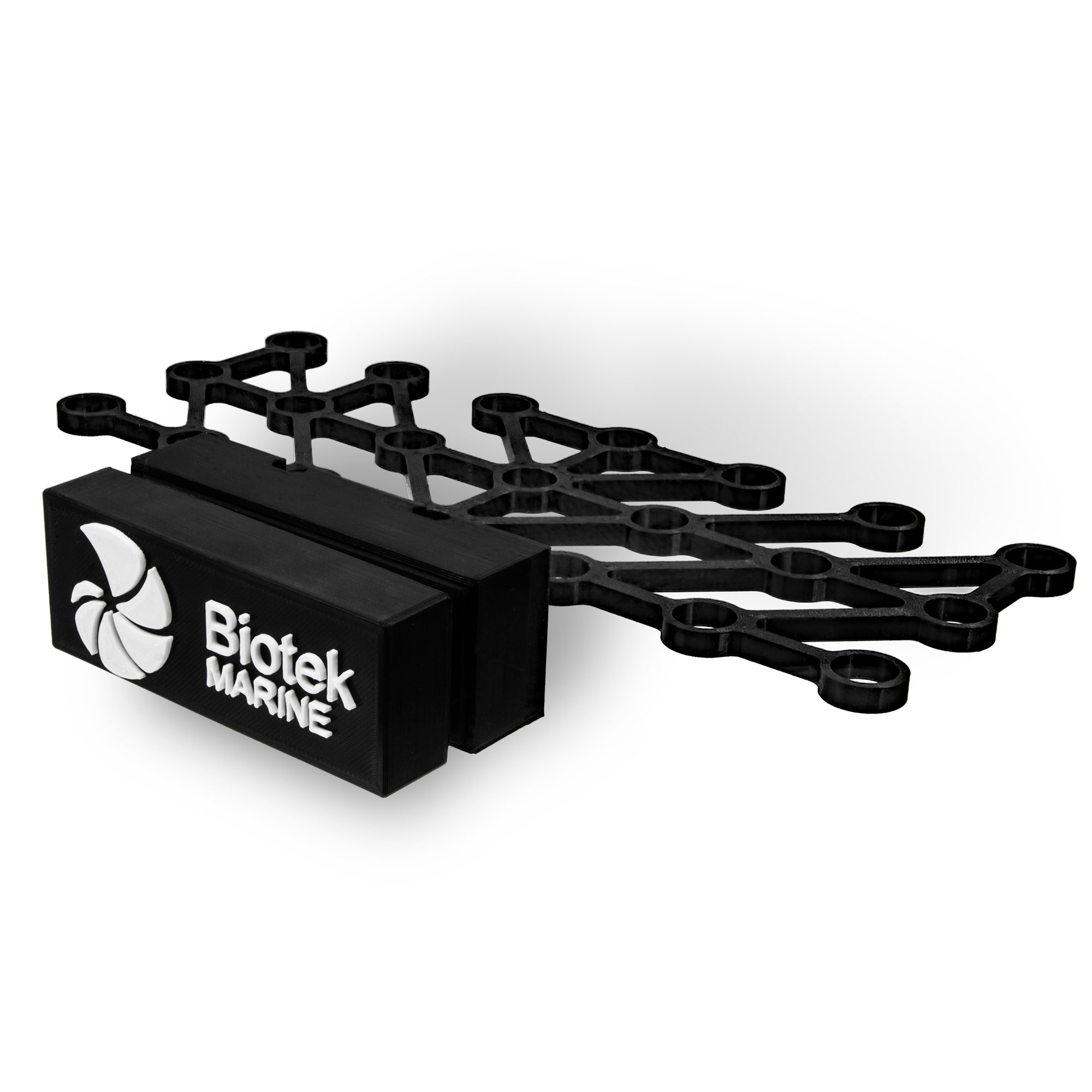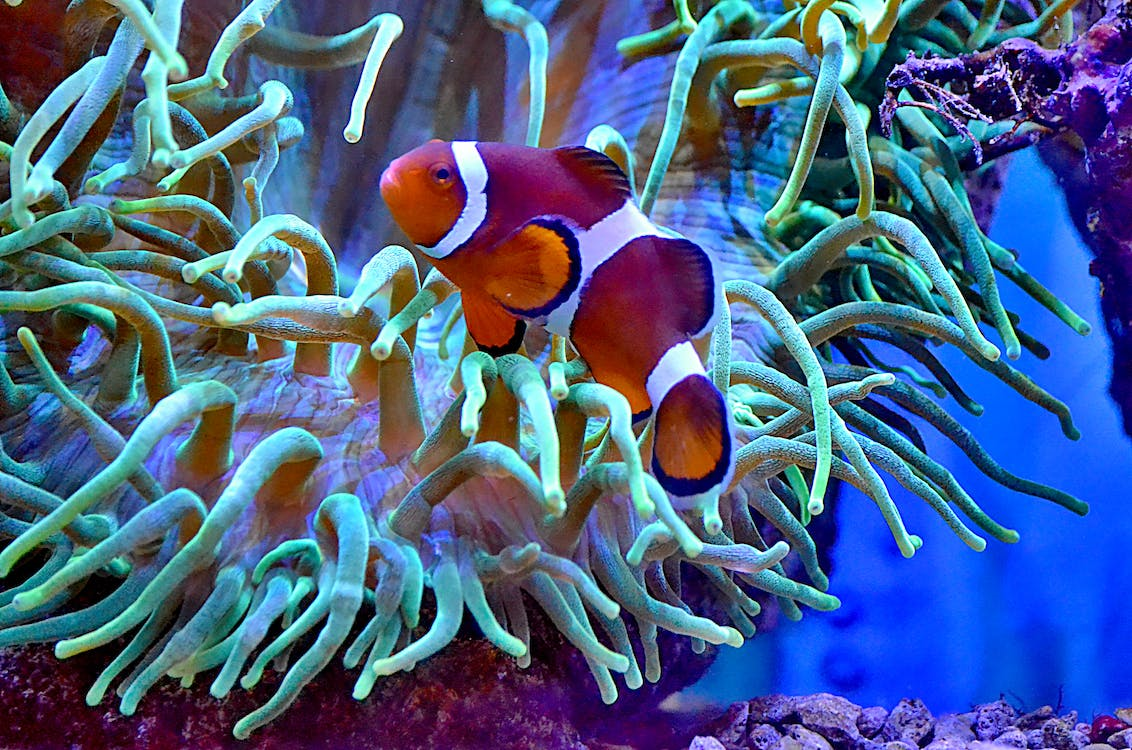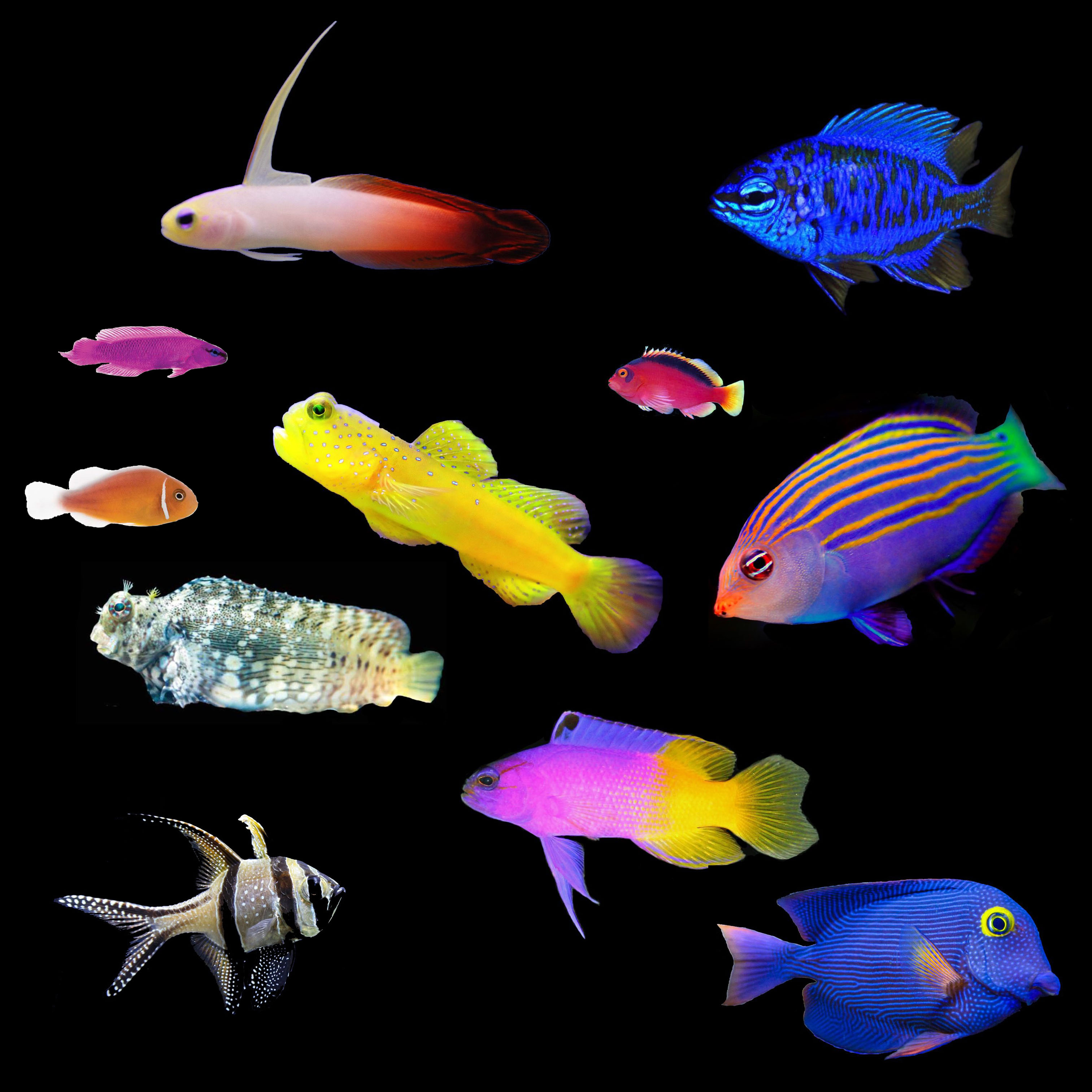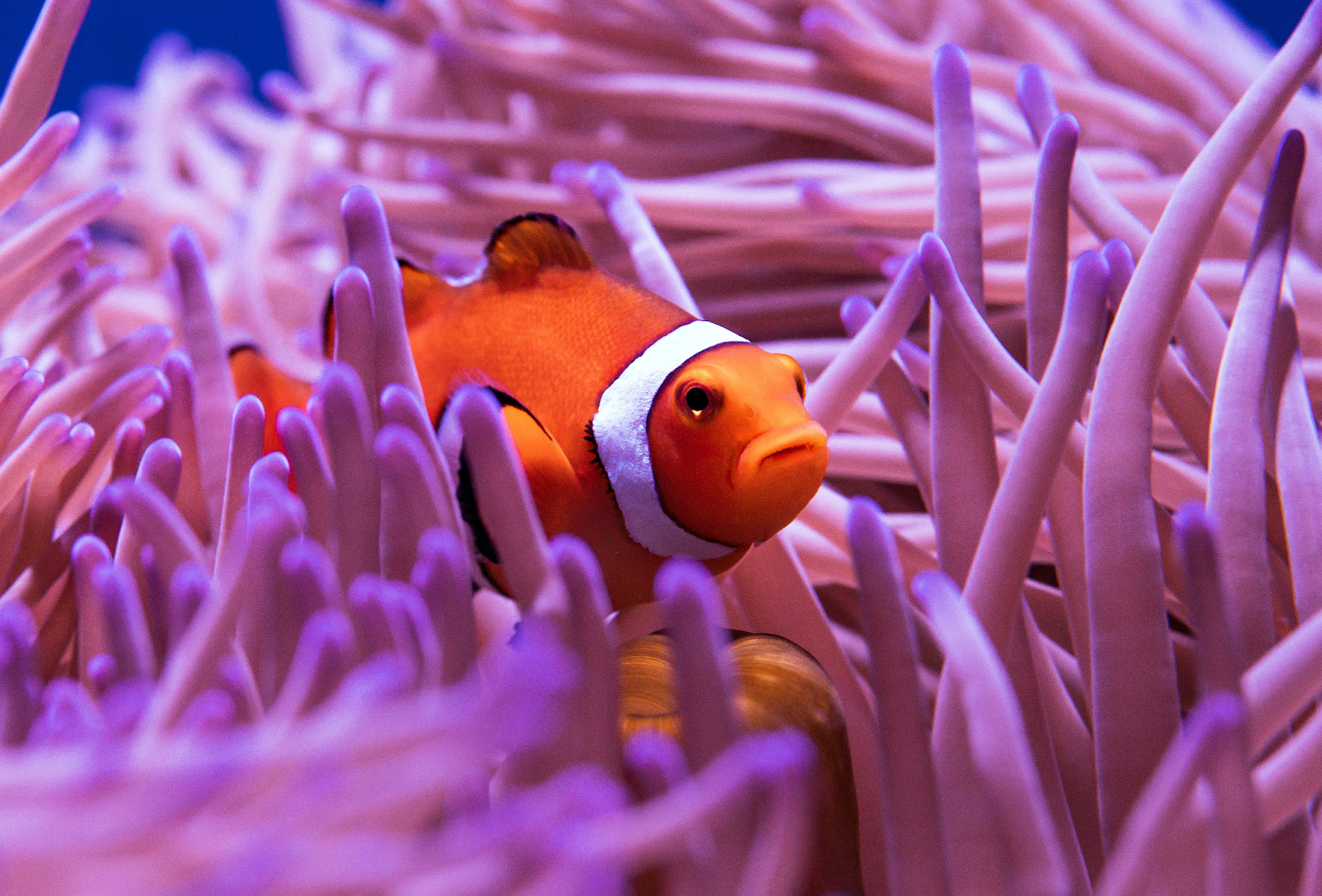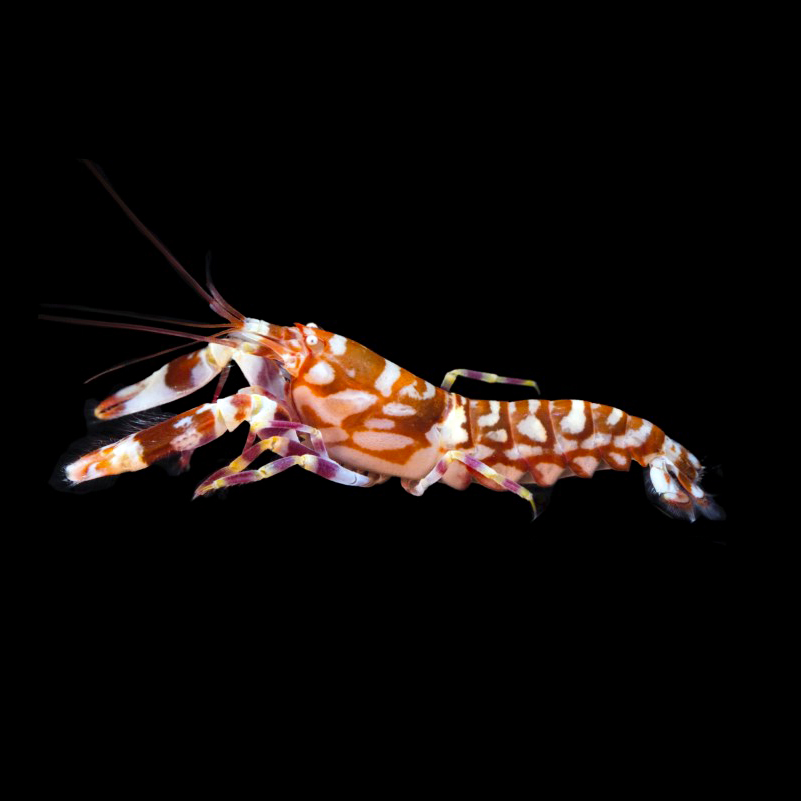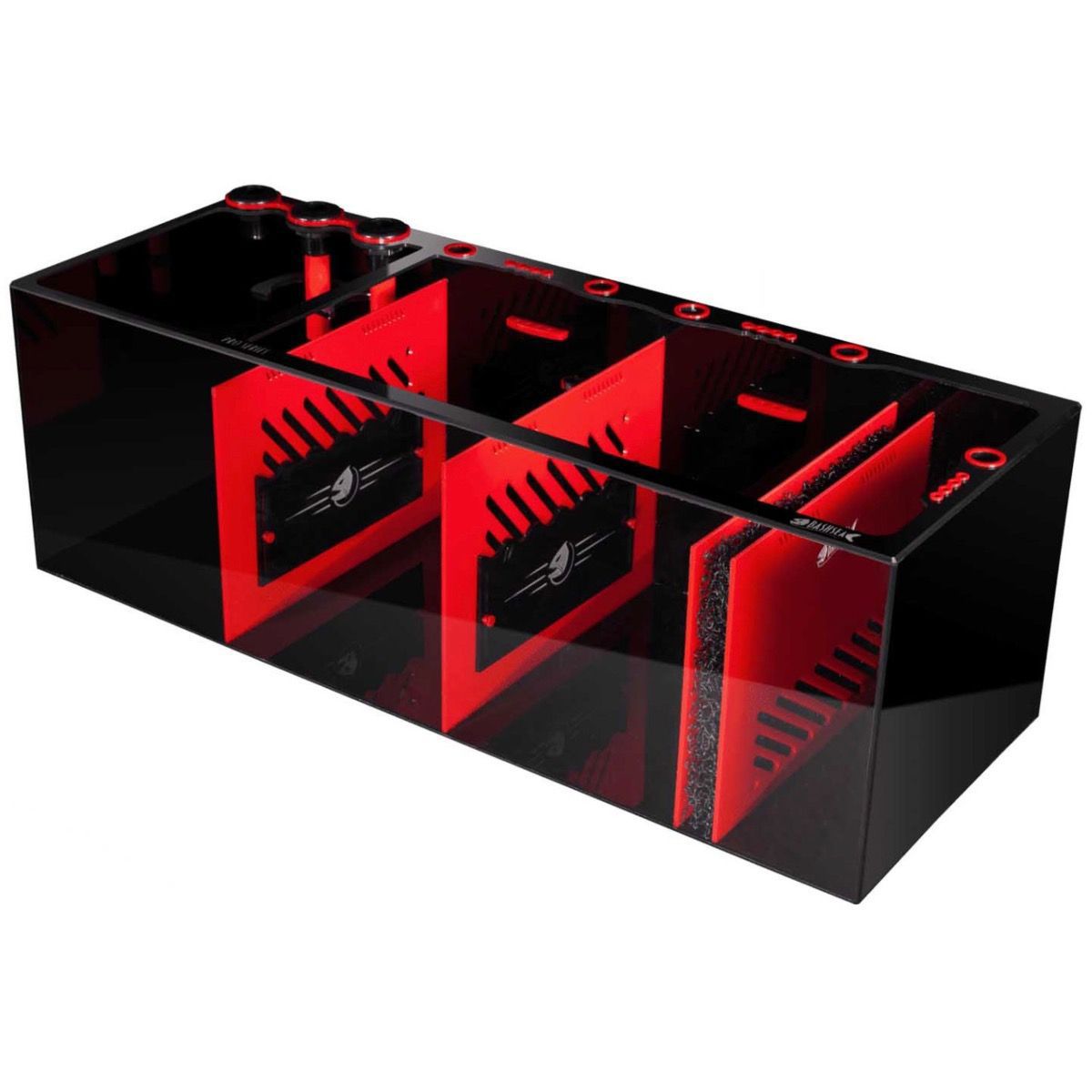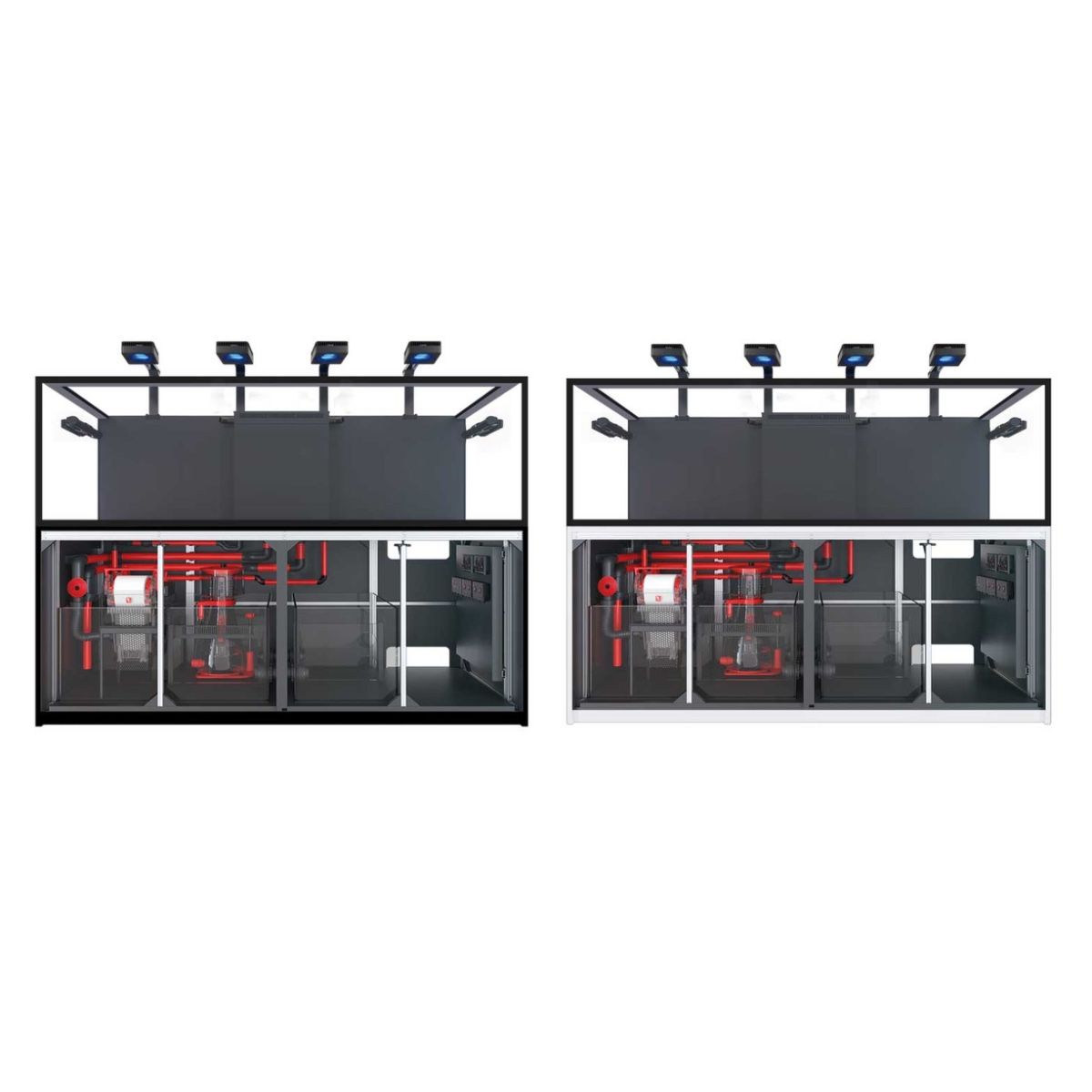We use cookies to make your experience better. To comply with the new e-Privacy directive, we need to ask for your consent to set the cookies. Learn more.
New Products
BioTek Marine Signature Series Frag Tools
Clear Water Scrubbers Algae Scrubber
Introducing the ATI Straton X LED Aquarium Lights — Coming Soon to the U.S.
Pre-Orders Opening at Aquarium Specialty! Aquarium hobbyists and reef keepers worldwide are buzzing about the next evolution in premium reef aquarium lighting: the brand-new ATI Straton X LED lights, soon to be available in the United States! Designed for ultimate coral growth, silent operation, ultra-thin design, and precise spectrum control, the Straton X is shaping up to be one of the most exciting reef lighting releases in recent memory.
TUNZE® ORCA Oscillating Wave Pumps Advanced Reef Aquarium Flow with Natural, Dynamic Movement
Creating realistic water movement is one of the most important—and often overlooked—factors in maintaining a healthy reef aquarium. Corals, fish, and invertebrates rely on constantly changing currents to deliver oxygen, nutrients, and food while carrying waste away. The TUNZE® ORCA oscillating flow system was designed to replicate this natural ocean motion more accurately than traditional stationary wavemakers.
The Ultimate Guide to SICCE Mega Canister Filters — Superior Aquarium Filtration Made Easy
Keeping your aquarium water crystal clear — whether you’re running a planted freshwater tank or a vibrant marine reef setup — starts with reliable, high-performance filtration. For hobbyists and serious aquarists alike, the SICCE Mega Canister Filter series delivers Italian-engineered quality, exceptional water quality, energy efficiency, and ease of use.
Ultimate Guide to the SICCE AQUA FILTRA 10, 20 & 40
How These Hang-On Back Filters Transform Your Aquarium
When it comes to keeping your aquarium water crystal clear, biologically balanced, and healthy for fish, plants, or even corals in nano marine setups, efficient filtration is key. The SICCE AQUA FILTRA series — including the
Sicce Aqua Filtra 10, Aqua Filtra 20, and Aqua Filtra 40 — offers an affordable, easy-to-use, and reliable filtration solution for freshwater and saltwater aquariums alike.
A Complete Guide to Aqua Vim Aquariums — Premium Quality & Curved Glass Craftsmanship
Aqua Vim specializes in high-end, CURVED-GLASS aquariums and pairs them with handcrafted wood cabinetry, creating pieces that blur the line between functional aquariums and luxury furniture. Their tanks are built with “AV reduced-iron glass,” enhancing clarity and offering a more refined aesthetic compared to standard aquarium glass.




